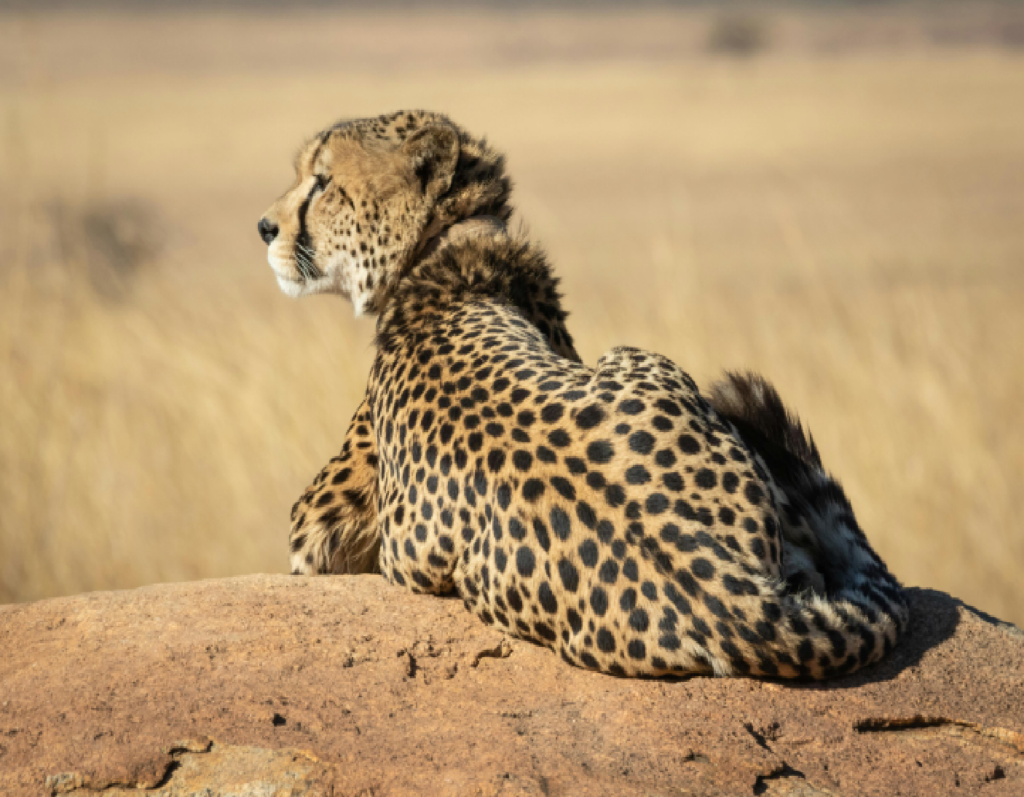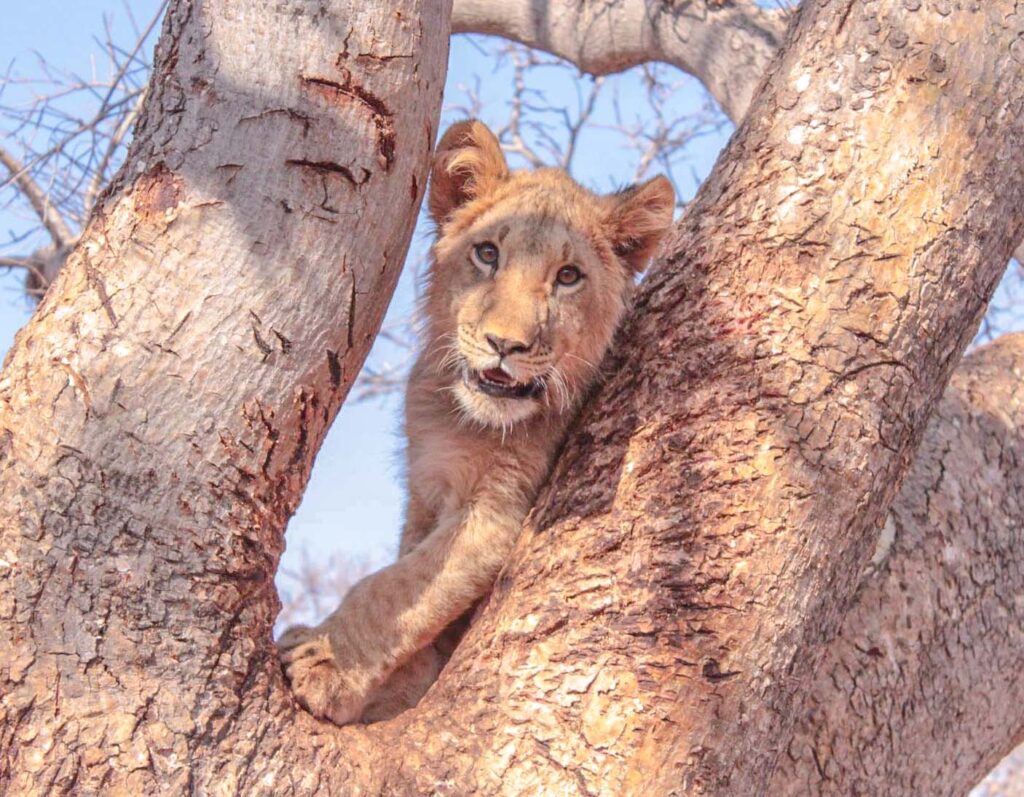Why the Green Season is a Great Time for an African Safari Tour
If you’re looking for information on the best time to go for an African Safari tour, you’ll most likely come across the term “green season.” It’s a term in the safari industry that refers to the rainy months and is considered a low season for tourists.
The green season will vary, depending on the region in Africa. East Africa, which includes Tanzania and Kenya, has a short rainy season in November and a long rainy season in April. Meanwhile, the rain can last from December to March in South Africa, including Zimbabwe.
And while many tourists would avoid going on a safari during this time, Green Season is actually a great time for an African Safari tour. Here are some reasons why.
1. Great Scenery
When you go for a safari during the green season, you’ll be rewarded with gorgeous scenery because everything is “green.” Because of the abundant rain, the grasses will turn lush and green while the colorful flowers shine brightly, making it an ideal time for photography. Storm clouds also add more color and character to the landscapes, making them look more beautiful.
Instead of photographing wild animals disappearing into dry branches and leaves, they will be more visible and stand out in sharp contrast against the vibrant greenery. In addition, the air is cleaner during the green season, which makes taking photography and going for an African Safari tour a much better experience. Plus, the possibility of rain brings in cooler breezes.
2. Days are Longer
Another great thing about going on a safari during the green season is that the days are longer. There are more daylight hours during the summer than in the autumn and winter seasons, which will positively impact your African Safari tour.
In Southern Africa, June, July, and August have the shortest days of the year. However, this may not apply to other African countries, such as East Africa, due to its proximity to the equator. Because days are shorter, lodges and camps shorten their game drive timings. But if you come in the green season, you are guaranteed to make the most of your safari and see many animals.
3. Visitor Numbers are Low
As mentioned, the green season is a low peak season, so it’s one of the quietest times of the year, which means low visitor numbers. As a result, fewer tourists will go for an African Safari tour.
The parks can get congested with safari jeeps during the high peak seasons, and viewing animals can be difficult. Fewer tourists mean you can enjoy a more exclusive viewing experience, and you can sometimes enjoy wildlife sightings all to yourself, adding to a better safari experience.
4. Cheaper Rates
During the green season, you can see a significant drop in the cost of African safari tours. If you want to enjoy a safari on a budget, you should visit during the green season. You can even choose to stay longer without spending a lot. Not only are the prices more affordable, but safari operators will offer discounted rates during this time of the year. You can book safari packages with combinations of camps and lodges at cheaper prices!
If you want to stay at luxury lodges, you will find they are at a fraction of the cost compared to the high season. Thus, going on an African Safari tour during the green season guarantees a fun experience without spending a lot.
5. Excellent Wildlife Viewing Opportunities
You can guarantee excellent wildlife viewing opportunities during the green season, and that’s another reason to consider going on a safari during this time of the year. Many animals give birth during the wet season since food and water are abundant. If you want to witness baby animals discovering their world for the first time, then take advantage of this opportunity.
During your African Safari tour, expect to see lots of lion cubs, baby elephants, young zebras, impalas, and much other wildlife. It’s also the perfect time to see the synchronized birth of hundreds of young antelopes.
The birth of young animals is also a big attraction for predators, who take advantage of the inexperienced younger prey. Thus, you can expect to witness the dramatic life and death sceneries of predator and prey interactions when you visit in the green season.
6. Best Time for Bird Watching
If you are an avid birder, the green season is the perfect time to visit. Birds are more abundant during this time, especially the migratory ones. Most of these birds would wear their colorful mating plumage at this time of the year, which is an even more fascinating experience.
During the green season, migratory birds will return to build their nests and tend their nestlings. You will be in awe and entertained by the various bird species you can witness. While you can see birds during your African safari tour, it’s a good idea to book a birding safari, where you will be with a professional guide who is knowledgeable about the different bird species you could come across during your safari.
7. Avoid Cold Mornings
Although this doesn’t apply to East Africa or some other countries in Central Africa, in Southern Africa, where most of the top safari destinations are, the winter mornings can be downright freezing. Most African safari tours start early in the morning since the animals are most active during this time.
Going out on a game drive early in the morning and in an open jeep can be uncomfortable for some tourists, especially those not used to the cold weather. So, if you hate waking up to chilly weather for your safari, you should come during the green season.
If you come during the green season, you will wake up to favorably mild weather and witness an abundance of animals during your morning game drive, which makes waking up early really worth it.
Conclusion
As you can see, there are many reasons why the green season is an excellent time for an African safari tour. So, if you plan on going for an African safari during this time, take a look at our green season safaris and start planning your trip.






